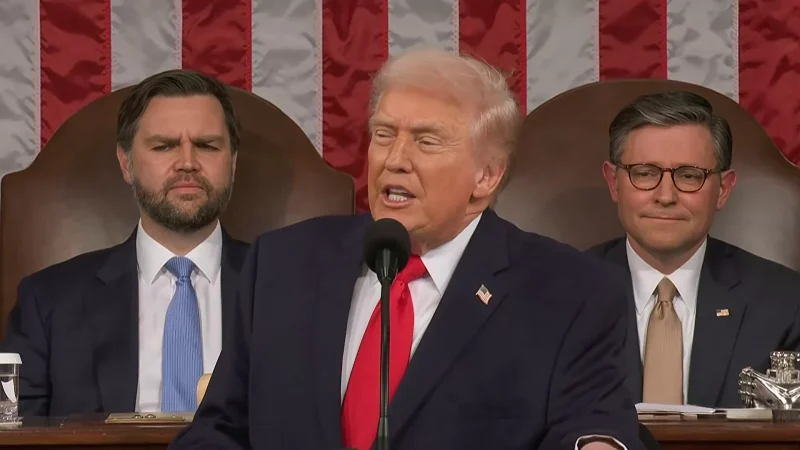 By Phil Riske | Managing Editor|Rose Law Group Reporter
By Phil Riske | Managing Editor|Rose Law Group Reporter
This year’s Arizona Legislature spent most of its energy on budgetary and Medicaid expansion. What energy was left after those strung-out and divisive issues, was not spent passing energy legislation.
Only one energy-related bill made it to the governor’s desk. She has signed HB2544 that authorizes the Arizona Power Authority to finance or refinance the state’s proportionate share of the costs for the Hoover visitor facilities, as well as the state’s share of costs some construction costs incurred by the federal Bureau of Reclamation.
The major energy bill, which would have established residential energy building standards according to national codes, made it through the Senate 17-10, but remained insulated in a House committee.
As reported by Rose Law Group Reporter at the time, there is no mandatory statewide residential or commercial energy code in Arizona; however, Laws 2001, Chapter 340, established guidelines as the basis for a voluntary statewide energy code.
The bill would prohibit municipal and county governments from further regulating residential energy consumption or energy efficiency.
“It sets back the cause of the builders” to decide how to meet energy codes, said Sen. Steve Farley, D-Tucson.
The Home Energy Rating System (HERS) Index as a measure of home energy efficiency is based on comparison of a residence to a theoretical reference home of the same size and shape as the actual home being measured.
The bill stipulated a residential building rated with a HERS score of 75 or lower be considered compliant with legal requirements for energy efficiency or conservation established by a municipality, including building codes and ordinances.
The bill was opposed by the Homeowners Association of Central Arizona, and lawmakers against the measure said homebuyers should be able to decide how their houses would meet mandated efficiency standards.
Energy districts
A couple of energy bills didn’t get passed first base in committee.
Proponents of creating the establishment of renewable energy and conservation special taxing districts, as contained in HB2584 , have failed to win the day for several years now. The bill would permit cities and towns to form such as a tax levying public improvement district.
It was held in committee.
Renewable Energy Production Tax Credit
A tax-related bill, HB 2301, would extend the individual and corporate Renewable Energy Production Tax Credit carry forward from 5 to 20 years. It made it through committee but was never acted upon on the floor.
(Four companies were approved to take the credit in tax year 2011, amounting $1,276,521.)
Pool pump energy standards repeal
An attempt to repeal pool pump energy standards (HB 2334) took a dive on the floor after being adopted by three committees. The original law was enacted only a year ago.
Tax on electric vehicles
The Legislature didn’t go that extra mile for SB1197 to levy a one cent tax per mile on electric vehicles driven on highways in Arizona. The bill, which got out of committee but not to a floor, would have required an affirmative vote of at least 2/3 of each house of the Legislature for passage.
Mouths with no teeth
Through resolutions and memorials, the Legislature acts on issues, but the actions are not law. Such was the situation with energy-related issues, clean air and a copper mine.
The sponsor of SCR101
Gail Griffin, R-Hereford, said haze “is one of the most serious issues facing the state.” Her resolution put the Legislature on record as opposing the federal government’s plan to reduce haze in national parks and wilderness areas.
Griffin saidfederal haze standards could result in a 17 percent increase in consumer’s utility bills. The EPA last year approved limits on sulfur dioxide and particulate matter to control emissions from eight units at the Apache Generating Station, Cholla Power Plant and Coronado Generating Station.
The agency, however, turned down the state’s proposal for controlling nitrogen oxides at the power plants and came up with its own proposal to limit those emissions.
A lawsuit brought by the Attorney General’s Office alleges the EPA overstepped the bounds of the Clean Air Act.
Sen. Ed Ableser, D-Tempe, said the state’s ability to regulate haze is “fantasy land.”
Prior to the U.S. House passage of legislation to permit a land exchange to make way foe the Resolution Copper Mine at Superior, the Legislature passed HCM2003







